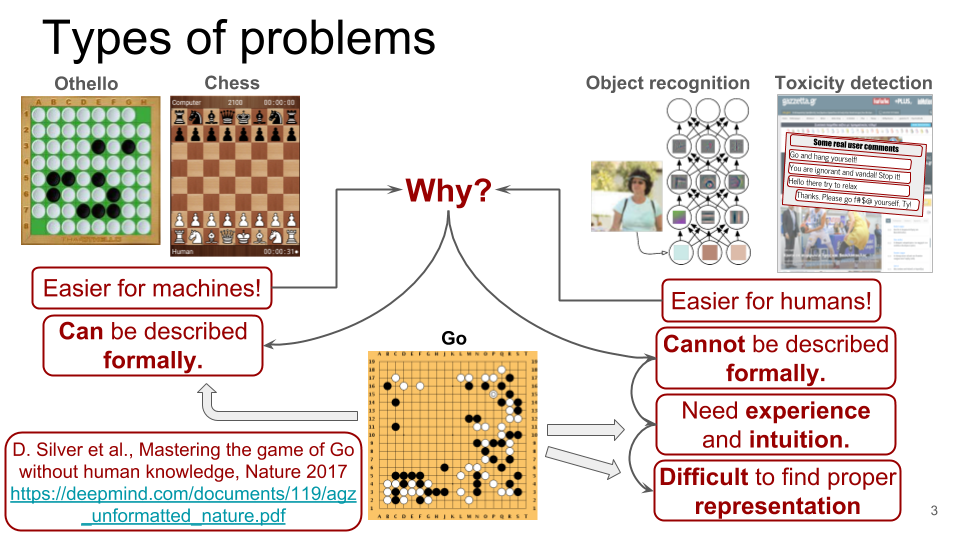Παρουσίαση/Προβολή

Deep Learning (MSc Computer Science)
(INF398) - Themos Stafylakis
Περιγραφή Μαθήματος
Course content
Deep learning algorithms and models that allow computers learn from composite data. Deep convolutional neural networks, recurrent neural networks, stochastic training algorithms for large scale data. Unsupervised deep learning using variational auto-encoders and generative adversarial networks. Deep reinforcement learning with applications to robotics and for playing games.
Prerequisite Knowledge
Students should have basic knowledge of calculus, linear algebra and probability theory. For the programming assignments of the course students should have programming experience (e.g., in Java or Python).
Learning Outcomes
After successfully completing the course, students will be able to:
- Describe basic concepts of deep learning.
- Describe a wide range of deep learning techniques (architectures, algorithms).
- Design and implement deep neural networks for a large number of machine learning problems.
- Evaluate the effectiveness and performance of deep neural networks.
Bibliography
- Deep Learning (Adaptive Computation and Machine Learning), Ian Goodfellow, Yoshua Bengio and Aaron Courville, MIT Press, 2016, ISBN-13: 978-0262035613
- Neural Networks and Deep Learning, Michael A. Nielsen, Determination Press, 2015.
- Grokking Deep Learning, W. Trask, Manning Publications, 2018, ISBN-13: 978-1617293702.
Teaching methods
One 3-hour lecture per week, programming homework assignments.
Assessment Criteria
The final grade is the average of the final written examination (50%) and the degree of group exercises (50%).
Ημερομηνία δημιουργίας
Πέμπτη, 11 Οκτωβρίου 2018
-
Δεν υπάρχει περίγραμμα
 (1)-1.png)